
It said in its report that even in 10 Ghanaians (72%) say the media is “not very free” or “not at all free” to report or comment on news without government censorship or interference.
“Only two in 10 (19%) think the media is “somewhat free” or “completely free” to do so, the second-lowest perception of media freedom among eight countries surveyed in 2019,” the report said.
Key findings:
- Two-thirds of Ghanaians (65%) say the media should have the right to publish any views and ideas without government restrictions, a 29-percentage-point increase after a sharp dip to 36% in the 2017 survey. Three in 10 respondents (30%) say the government should have the right to prevent publications it disapproves of (Figure 1).
- Comparing preliminary data from Afrobarometer Round 8 surveys in 2019 in eight African countries, Ghana records the largest increase in support for media freedom (Figure 2).
- Support for media freedom is widespread among all key socio-demographic groups and increases significantly with education (76% among those with post-secondary education vs. 59% among those with no formal education). Young adults (66% among those aged 18-35 years), men (69%), and urban residents (69%) are more likely
to favour media freedom than older, female, and rural respondents (Figure 3).
- Support for the media’s watchdog role remains high. Eight in 10 Ghanaians (82%) say the media should constantly investigate and report on government mistakes and corruption, a 7-percentage-point increase compared to 2014 (Figure 4).
- Seven in 10 Ghanaians (72%) say the media is “not very free” or “not at all free” to report or comment on news without government censorship or interference. Only two in 10 (19%) think the media is “somewhat free” or “completely free” to do so, the second-lowest perception of media freedom among eight countries surveyed in 2019 (Figure 5).
Below is the full press statement:
Read Full Story

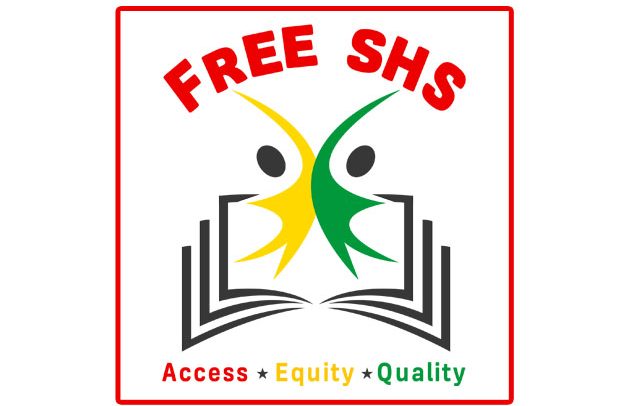
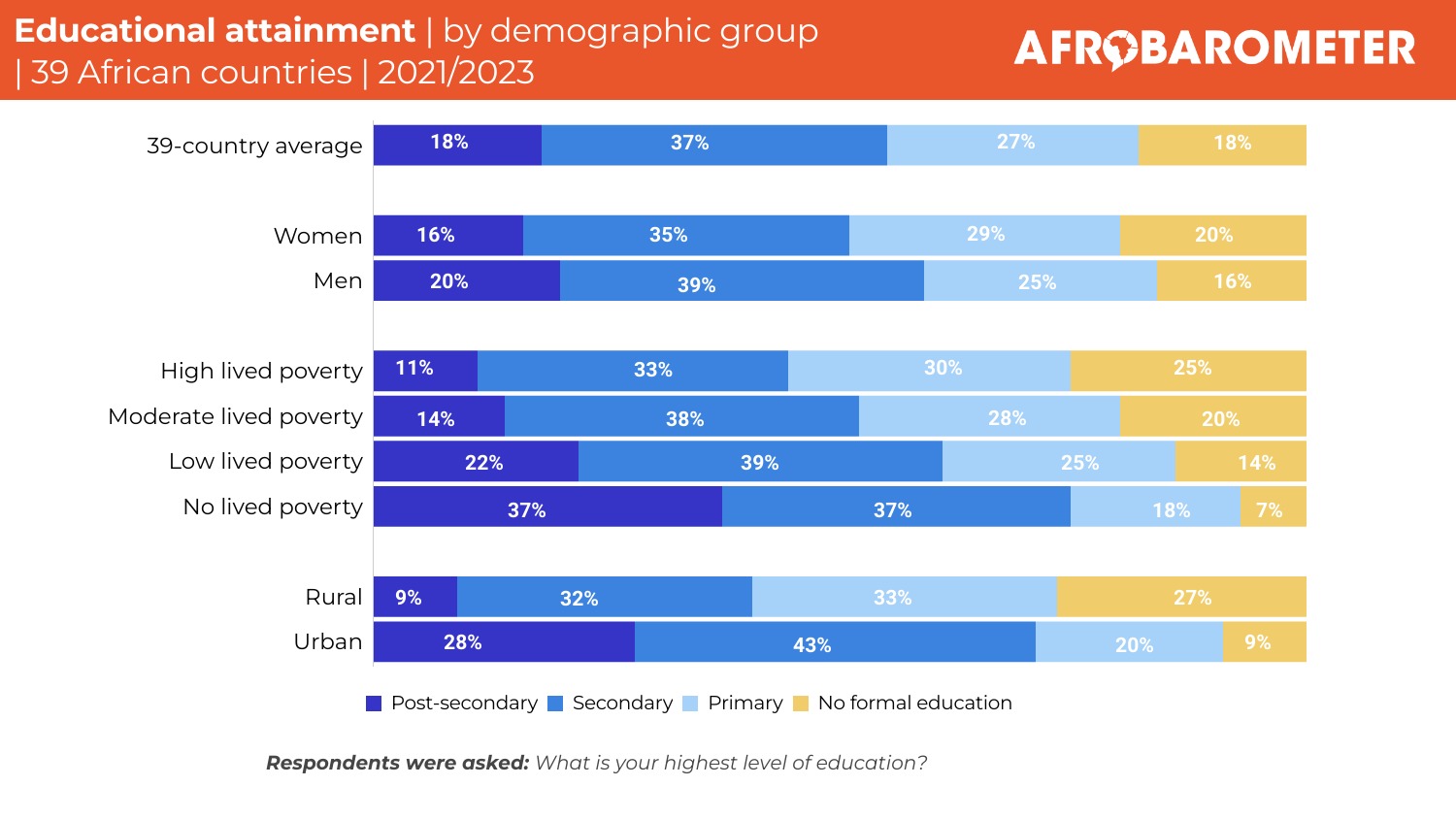
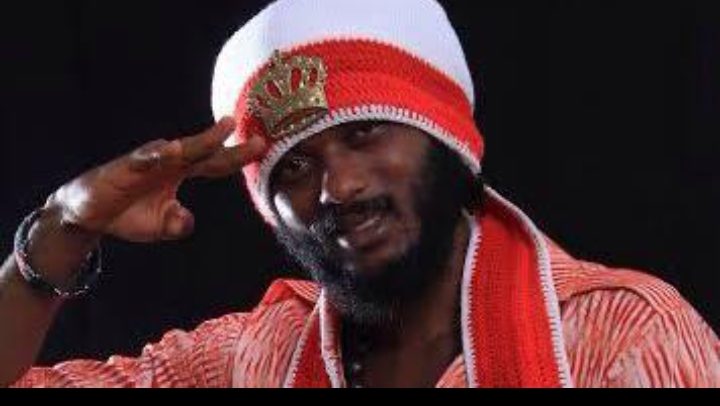
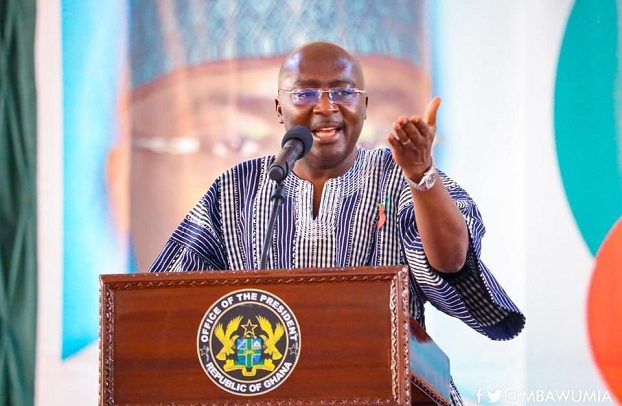


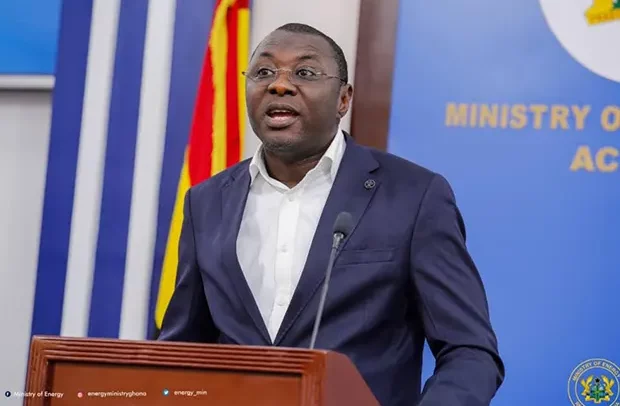













Facebook
Twitter
Pinterest
Instagram
Google+
YouTube
LinkedIn
RSS